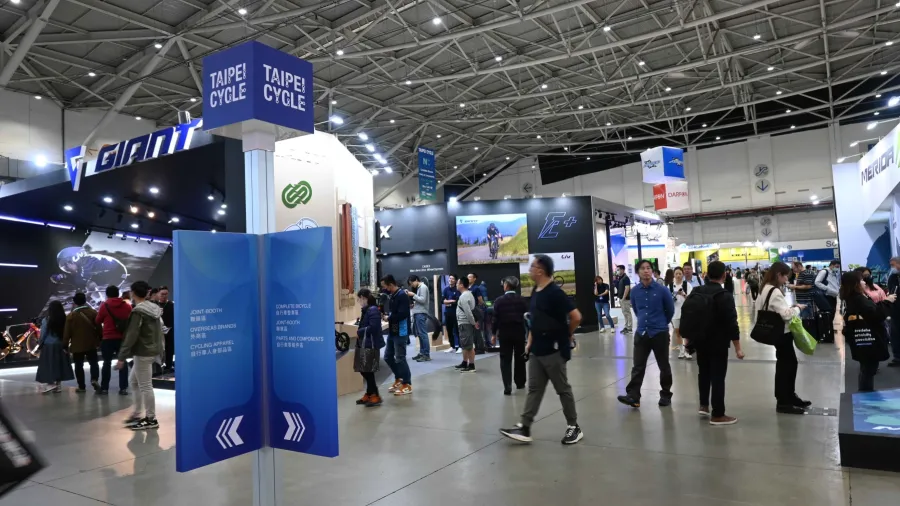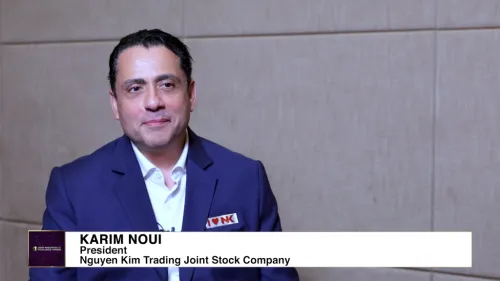
Asia’s bicycle makers gear up for growth
E-bikes and the global ‘green’ push are driving the market expansion.
Tech advancements and a growing focus on sustainability after supply chain hurdles in the past years are expected to spur further growth in Asia’s bicycle industry this year.
New tech is pushing manufacturing companies to innovate, fueling the bicycle industry’s growth, James Huang, chairman of the Taiwan External Trade Development Council, told Manufacturing Asia on the sidelines of the Taipei Cycle 2025 last month.
The average price of Taiwanese bicycles and e-bikes rose almost 20% last year, he said, adding that manufacturers are focusing on producing high-end bicycles and electric-assist bikes.
COVID-19 triggered a surge in bicycle demand as public transportation was shut down, but supply chain disruptions became a problem, particularly in Asia, a major global manufacturing hub. Customers faced wait times of 12 to 24 months, according to Omnia Retail.
Robert Wu, chairman of the Taiwan Bicycle Association, said artificial intelligence (AI) would play a key role in fueling the industry’s growth, along with the global push to cut carbon emissions.
Companies are also showing optimism this year as the demand for e-bikes rise, according to Jake Tsai, director for e-mobility for gadget product business at Acer, Inc.
“It will turn in a lot of people that don't ride bicycles,” he said. “They will start riding the e-bicycle because it's much easier than riding a regular bicycle.”
The Asia-Pacific region is the biggest market for bicycles, whose growth is being fuelled by high population density and a strong cultural inclination toward cycling, according to Future Market Insights, Inc.
Meanwhile, Huang expects greater prospects for cooperation between Singapore and Taiwan in both sports and their bicycle industries.
Taipei Cycle 2025, organized by the Taiwan External Trade Development Council and held on 26 to 29 March, featured almost a thousand exhibitors and 3,600 booths.
More than 3,000 international buyers from 82 countries attended the event. Singaporeans were one of the top 10 attendees along with the Japanese, Americans, and South Koreans.
This year's bicycle fair focused on carbon emissions, positioning the bicycle as a solution to pollution and global warming.
Attendees got to know more about the e-bike industry, smart cycling devices, and artificial intelligence-driven sports tech. They also got to test out bicycles at a demo area.
















 Advertise
Advertise







